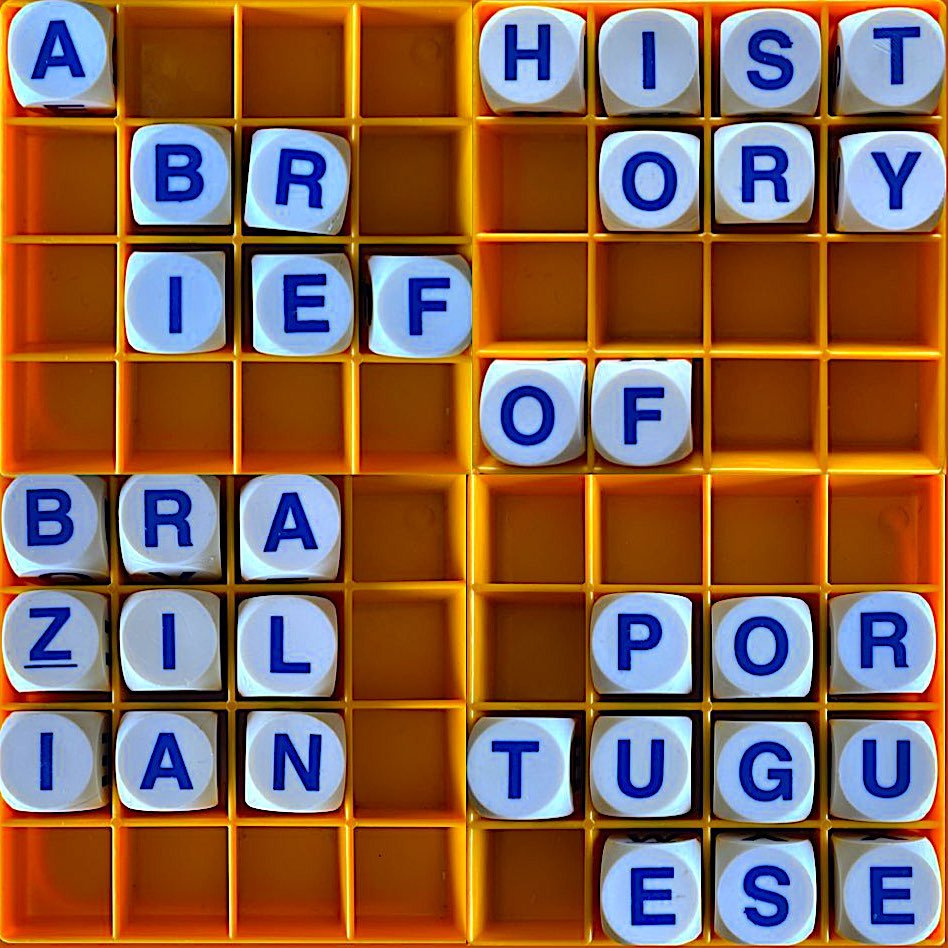Over four livestreams, 19-22 December 2024 starting each day at 12:30pm PT/3:30pm ET/20:30 UTC/check your timezone, I’m reading A Christmas Carol by Charles Dickens, with musical and visual accompaniment by Martin Austwick. Join us, all are welcome! It’ll be fun if you want, or lulling you to sleep if you don’t want. It’ll be festive if you want, or a tale of jerks learning a hard lesson if you don’t. The sidebar chat will be a great time; that, we can count on.
All the videos are at youtube.com/allusionistshow, specifically in the Allusionist Reads playlist. And if you can’t make the livestreams, they’ll be available not-live afterwards there too. Plus they are embedded downpost for your convenience.
Also, now's the optimal time to listen to the various Festivelusionists, about such things as Winterval and the many names for Santa, and real life Christmas elves, and the most frequently occurring words in Christmas songs (includes my evergreen ditty about meat sweats), but especially the one about why Christmas got so Dickensy. They are gathered in this playlist: theallusionist.org/festivelusionist.
Ho ho ho bah humbug,
HZ
The Allusionist reads A Christmas Carol, stave 1: Marley’s Ghost.
Scrooge is going about his daytime business of work, more work, and making other people's lives worse. Then that night he is visited by the ghost of his late business partner Jacob Marley, and guess what: business ghosts are not fun ghosts.
The Allusionist reads A Christmas Carol, stave 2: The Ghost of Christmas Past.
Scrooge is visited by the ghost of Christmas Past and is taken on a whistlestop tour of festivities from his boyhood and earlier adulthood, so he gets to see himself becoming ever more of a prick.
The Allusionist reads A Christmas Carol, stave 3: The Ghost of Christmas Present.
Scrooge is visited by the ghost of Christmas Present and is shown a whole lot of festive partayyyyyyyyyy, to which he himself is not, er, party. Also: the poor lil mite Tiny Tim. He'll be ok, right? Right??
The Allusionist reads A Christmas Carol, stave 4: The Ghost of Christmas Yet To Come, and stave 5: Christmas Day.
In Stave 4, Scrooge is visited by the ghost of Christmas Yet to Come, and gives him some pretty scary life spoilers! Unless... Scrooge becomes a changed man? Tune into Stave 5 to find out!!









